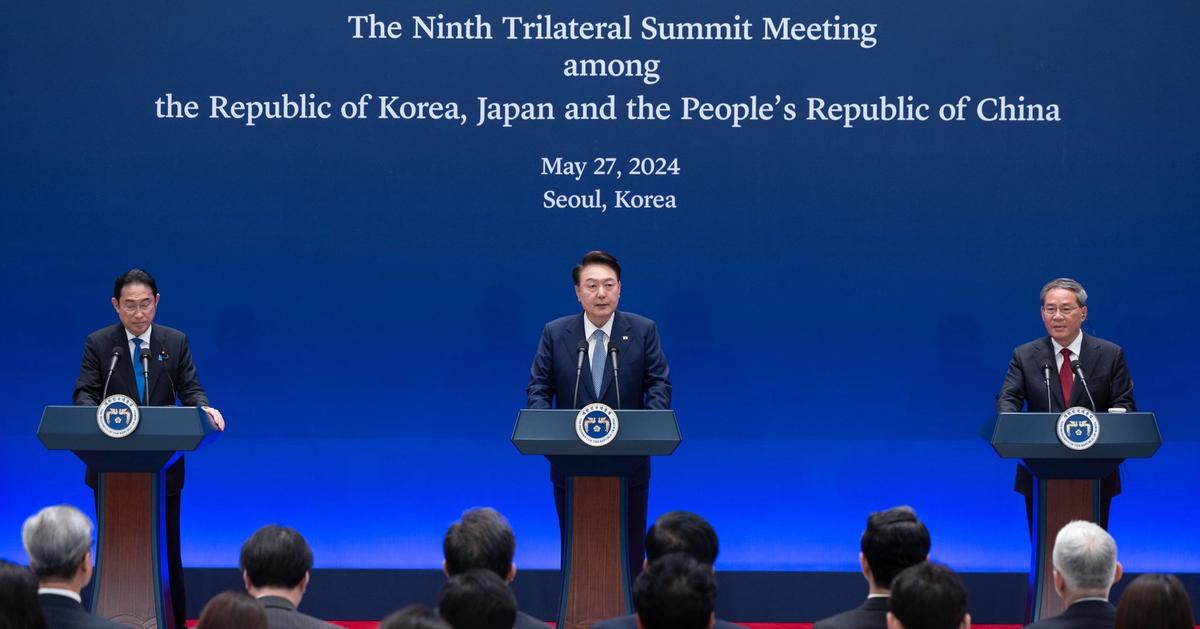The politics of institutional inoperability: An ontology of unenactable cooperation in East Asia through the case of the TCS
USSC Non-Resident Fellow Dr Jooyeon Hong is author of this article published by the Journal of Northeast Asian Studies (JNAS).
Abstract
This paper theorizes the political dynamics of “institutionalized non-enactment” in East Asian regionalism through the case of the Trilateral Cooperation Secretariat (TCS), the only permanent institution jointly established by South Korea, China, and Japan. Unlike previous studies that have emphasized the symbolic diplomacy or functional limitations of the TCS, this study demonstrates that cooperation is not simply absent, but paradoxically sustained by its very non-enactment. To this end, it integrates constructivist institutionalism with Hannah Arendt’s political philosophy, introducing the concepts of “authority without action” and “a political space without appearance” to analyze how the absence of cooperation is politically organized and legitimized. The analysis identifies three structural design elements of the TCS—(1) a formalistic balance structure, (2) institutionalized avoidance of sensitive issues, and (3) a persistent gap between rhetoric and practice—as mechanisms that normalize and sustain inoperability. The findings suggest that the TCS should not be understood as a mere functional failure, but as a political structure that manages and legitimizes non-enactment itself. In this way, the paper reinterprets East Asian regional cooperation not as “cooperation that persists despite failure,” but as “an institution that endures through failure,” offering an ontological and normative framework for reassessing the politics of regionalism in East Asia.


